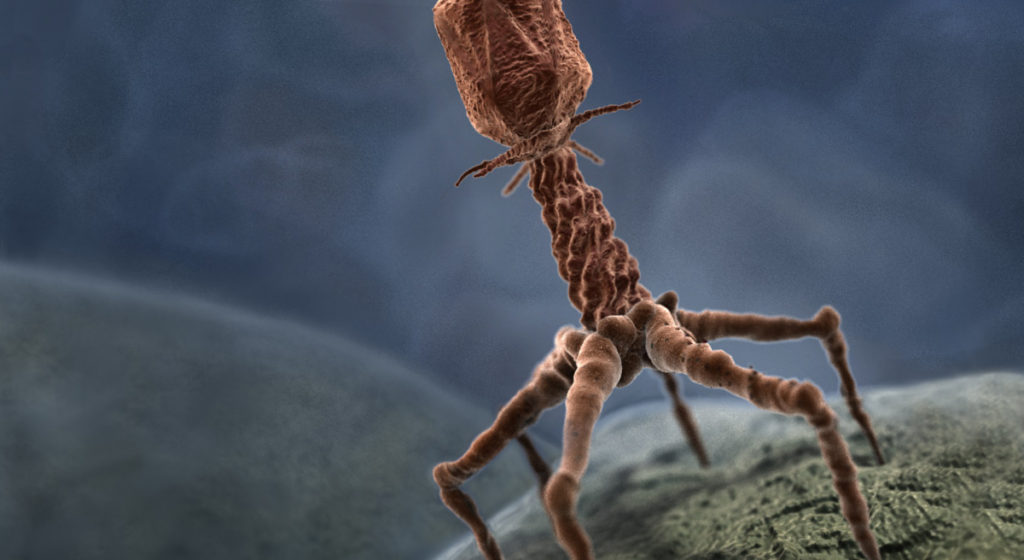CRISPR-Cas systems provide sequence-specific adaptive immunity against foreign nucleic acids1,2. They are present in approximately half of all sequenced prokaryotes3 and are expected to constitute a major barrier to horizontal gene transfer. We previously described nine distinct families of proteins encoded in Pseudomonas phage genomes that inhibit CRISPR-Cas function4,5. We have developed a bioinformatic approach that enabled us to discover additional anti-CRISPR proteins encoded in phages and other mobile genetic elements of diverse bacterial species. We show that five previously undiscovered families of anti-CRISPRs inhibit the type I-F CRISPR-Cas systems of bothPseudomonas aeruginosa and Pectobacterium atrosepticum, and a dual specificity anti-CRISPR inactivates both type I-F and I-E CRISPR-Cas systems. Mirroring the distribution of the CRISPR-Cas systems they inactivate, these anti-CRISPRs were found in species distributed broadly across the phylum Proteobacteria. Importantly, anti-CRISPRs originating from species with divergent type I-F CRISPR-Cas systems were able to inhibit the two systems we tested, highlighting their broad specificity. These results suggest that all type I-F CRISPR-Cas systems are vulnerable to inhibition by anti-CRISPRs. Given the widespread occurrence and promiscuous activity of the anti-CRISPRs described here, we propose that anti-CRISPRs play an influential role in facilitating the movement of DNA between prokaryotes by breaching the barrier imposed by CRISPR-Cas systems.







